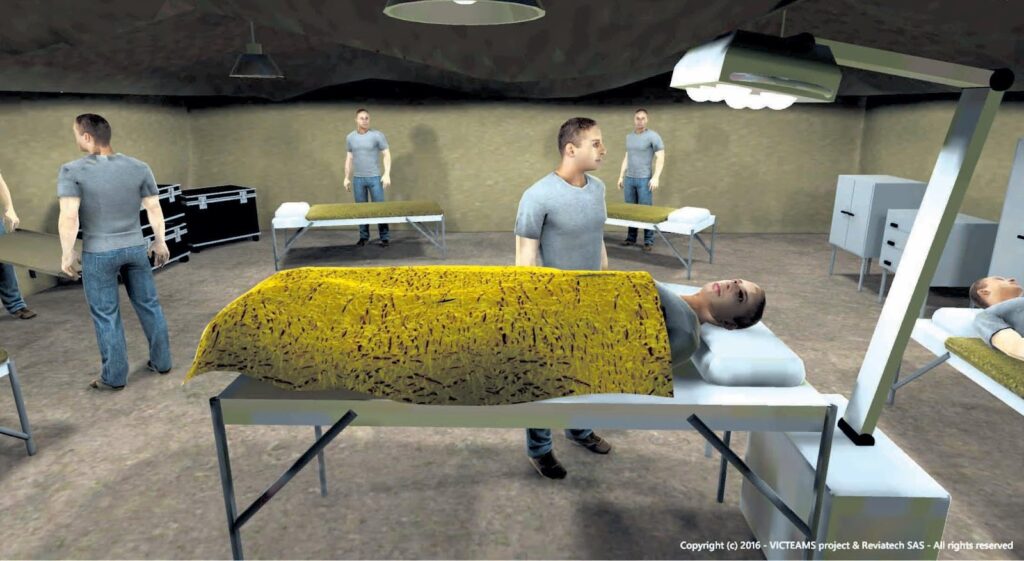CPU
Human and Artificial Cognition
On the one hand, our research aims to understand the cognitive, affective and social processes underlying the behavior and activities of individuals in situations, in their individual and collective dimensions, in order to model and simulate them infomatically. In particular, we need to consider the non-rational part of these processes and its effects (stress, affects, personality).
Research activity in this area is organized at the frontier between several disciplines:
- In ergonomics, we seek to understand and represent the mechanisms involved in the development of professional skills in adults. More specifically, we are interested in conceptualization and decision-making processes.
- In psychology, we seek to model the individual characteristics at play in decision-making processes and, more broadly, in interaction. The group’s research focuses mainly on leadership and followership, on the one hand, and personality, on the other.
- In computer science, we rely on multi-agent simulation to study collective phenomena. For example, in Lauriane Huguet’s thesis (2015-18), we propose computer models of decision-making and communication under stress for a team of virtual first-aiders.


